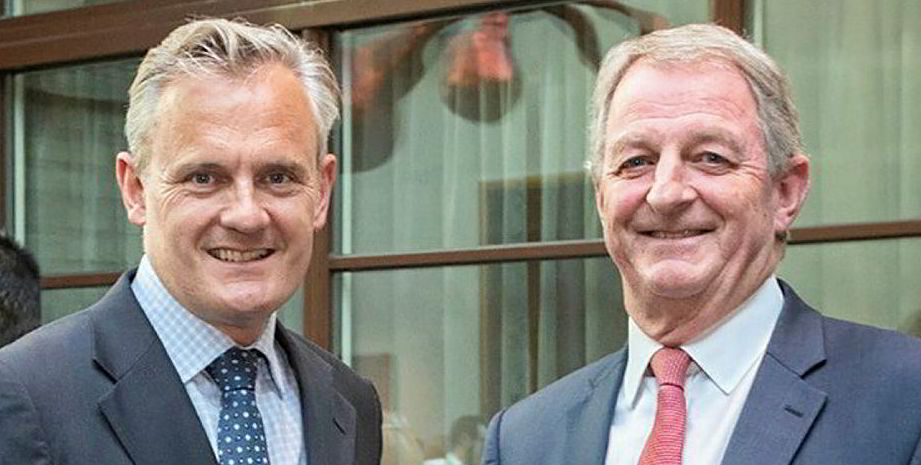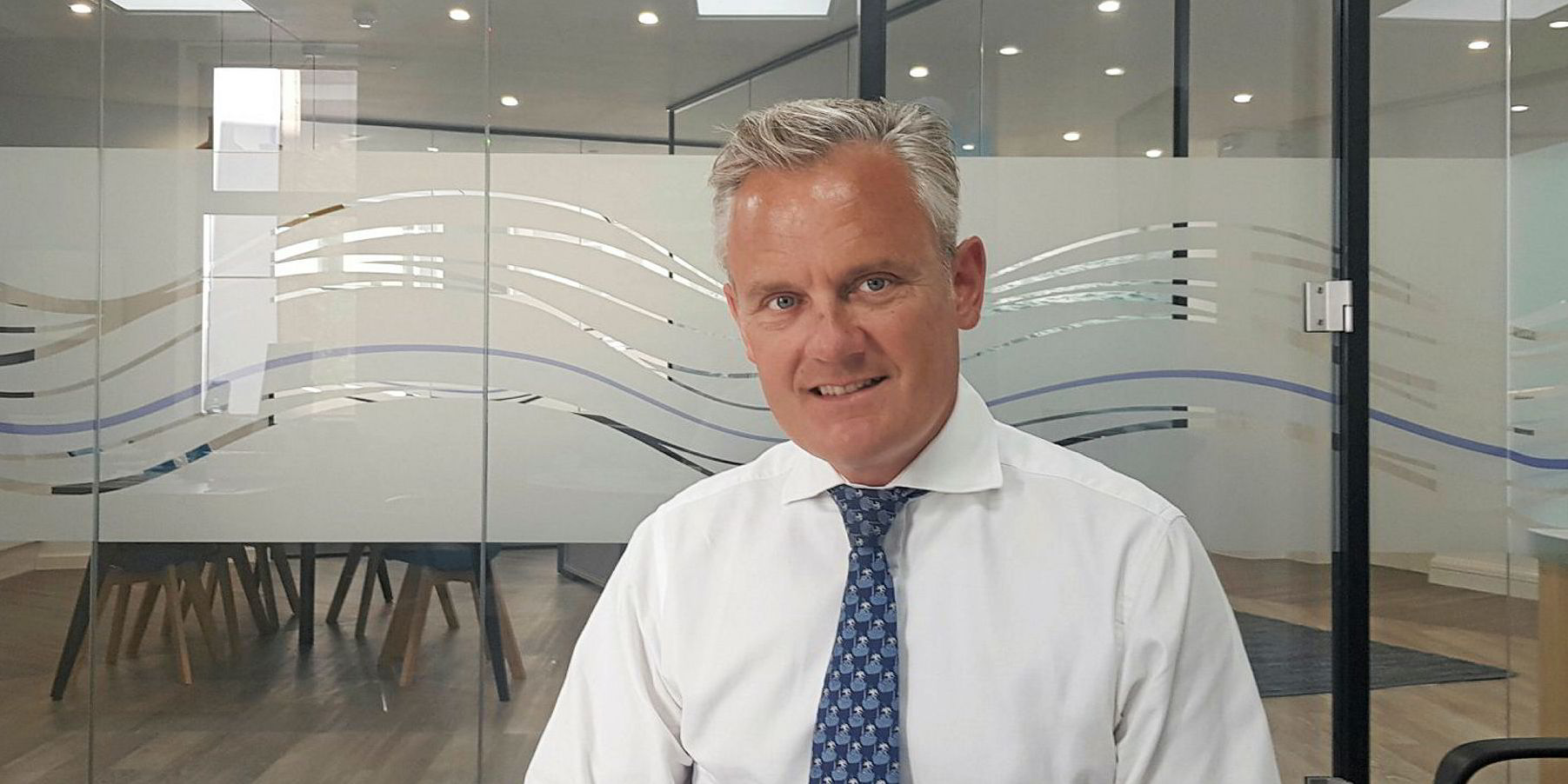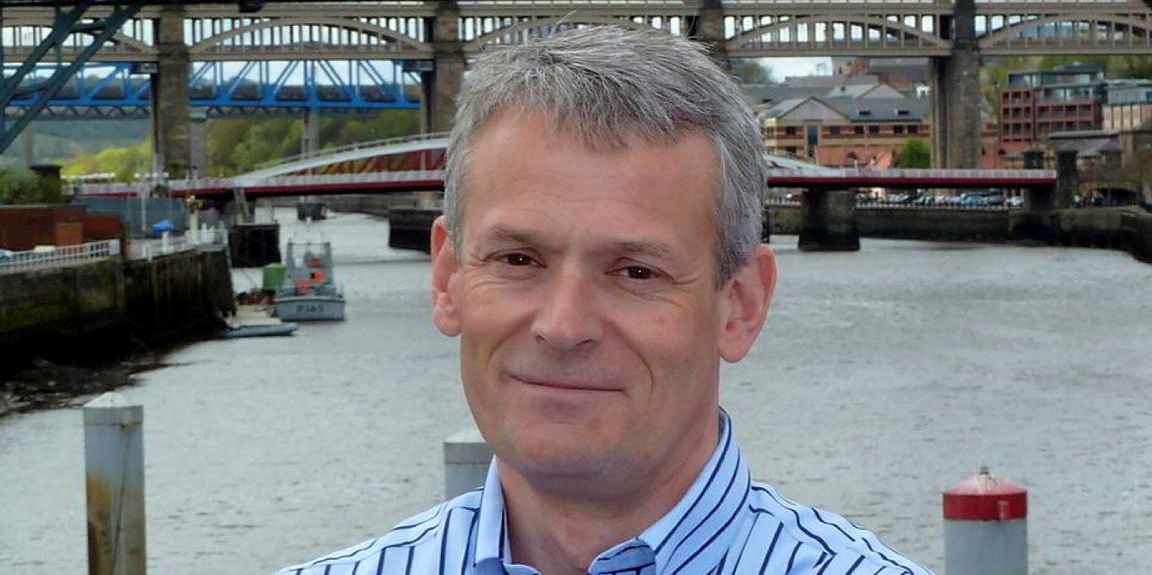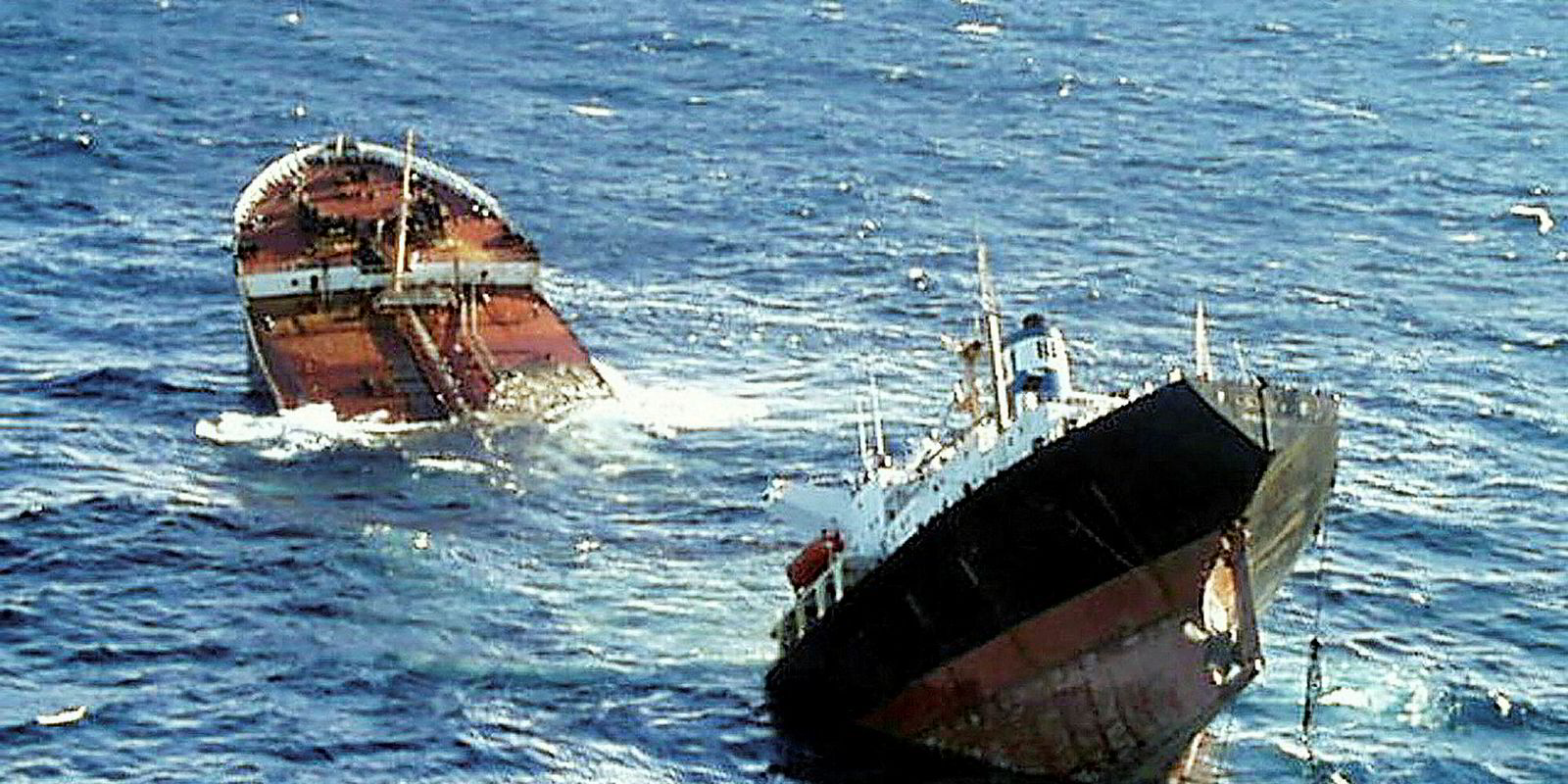Summer usually provides a respite for protection and indemnity insurance executives, falling between the hectic renewal season and the accounts number crunching and rate setting of the autumn.
But that is not the case for Nick Shaw, who took over in April from Andrew Bardot as chief executive of the International Group of Protection & Indemnity Clubs.
The former Reed Smith head of shipping is getting to grips with the job as the industry finds itself caught up in the political conflict in the Middle East Gulf.
Lowering the temperature
Although, in terms of claims, the attacks on shipping are more of a war risk cover than a P&I matter, that does not mean they are off the radar of the International Group’s 13 members.
“We’re concerned about the escalation of the problem in the Strait of Hormuz and how it is affecting world trade,” Shaw said.
“We represent 90% of shipowners, so, as you can imagine, there has been a lot of discussion about this.
“We are also concerned, not only for the safety of the crew, but also about any pollution where liabilities can arise. The clubs take this very seriously. Anything we can do to lower the temperature we see as a good thing and we are trying to work with organisations that are doing that.”
The Iran and North Korea sanctions issue is perhaps closer to home for P&I insurers, particularly since the Trump administration recently suggested the shipowner mutual could play a role in combating owners that flout sanctions.
One proposal from the US is that insurers could withdraw cover from ships that turn off their AIS signal. Failure to transmit AIS in problem regions is often viewed as an indication that ships are involved in sanctions busting.

Shaw feels it is unfair to make such demands of P&I insurers.
“We are clear that we are here to engage with governments and work with them to ensure sanctions are enforced properly,” he says.
“We are here to respect regulation, but not to police it on behalf of governments. We are always there to give advice and help, and it is up to us to keep owners informed, but ultimately the decisions are made by owners and enforcement is down to individual governments.”
One of Shaw’s primary tasks is to help the International Group get its message across that the pooling of risk allows the shipping industry to secure high quality, cost-competitive third-party liability insurance with sufficient cover for any eventuality.
No-go area
A European Commission competition investigation into the International Group concluded that it “allows a level of cover not available in the commercial market”, he notes.
But does that mean the system cannot be improved? Shaw says discussions on pricing are a clear no-go area but the clubs are attempting to fine-tune the system: “We are always looking where we can improve, but not in big steps, more smaller steps which we are taking all the time.
“We are looking at ways to improve service and quality and make sure the system is fit for purpose and competitive with commercial insurers.”
Before joining the International Group, Nick Shaw spent 29 years as a solicitor and expert in dry shipping litigation cases and arbitration, Commercial Court and mediation work.
He was head of shipping at Richards Butler and then Reed Smith since 2003.
But, he points out, the whole International Group system does not work if governments fail to abide by the limits on shipowner liability laid out in the international conventions.
Spain’s long-running attempt to hold the London P&I Club fully liable for the $1.7bn pollution claim linked to the 2002 Prestige oil spill is the clearest attempt of a country seeking to secure compensation beyond the international liability limits.
If the example of breaking international liability limits continues, he warns, it could be disastrous — and not only for the clubs.
“The system is set up to compensate victims. If you undermine the system, then insurance becomes much harder to obtain from the market and ultimately it is the victims that will lose out,” he explains.
Next on the list of issues that will keep him busy is IMO 2020. The potential problems for shipowners have been well documented.
Changing political climate
Shaw believes it is a chance for this generation of owners to show their commitment to the environment and prove that the industry can be self-regulating.
“There is no doubt that the political climate is changing and most countries are adopting a green agenda. So if shipping is going to be sustainable, we have, as an industry, to look at ourselves and see how we can improve in terms of emissions to ensure we provide the most environmentally friendly way of moving goods from A to B.”
Showing commitment to the environment will pay off for owners, he believes, even in insurance terms. “Clubs will be sympathetic to owners trying to do the right thing,” he says of the incoming emissions regulations.





